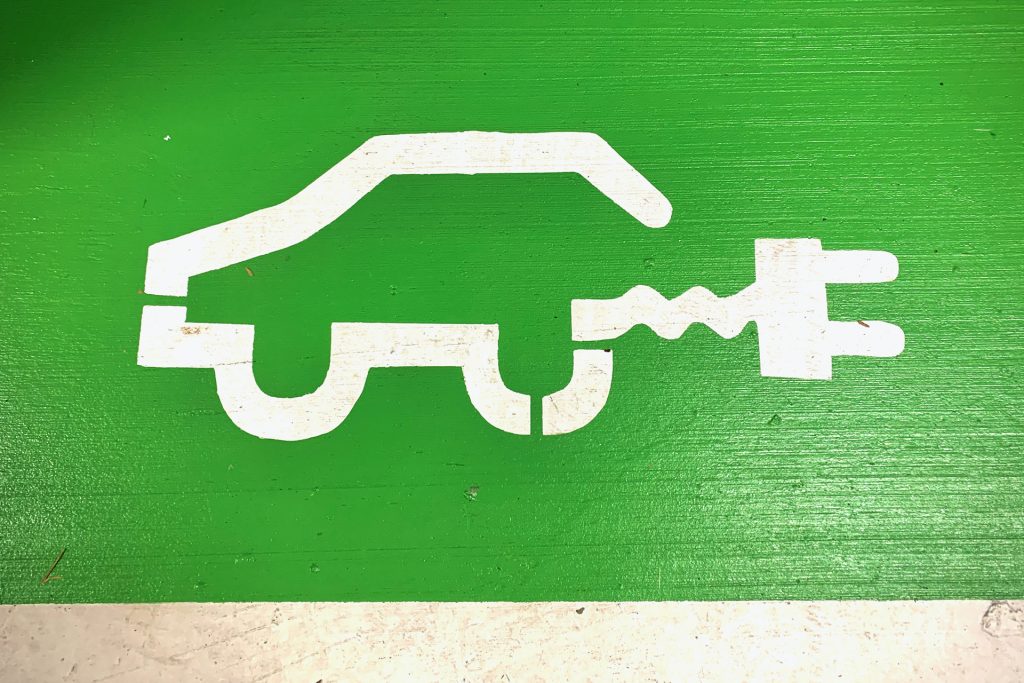This weekend, Hugh Grant told Nigel Farage to ‘go **** yourself’. You may indeed be able to think of 100 reasons for this barb, but it was actually the actor’s response to a new political movement, Britain Means Business, established by Farage, which campaigns for a referendum on the Government’s planned ‘net zero’ policy to decarbonise the economy by 2050.
I have had good reason to track Farage’s career to date. Our daughters attended the same prep school, we lived in the same area and some years ago when standing for election to Parliament I won 37% of the vote, the victor 40% and Farage as UKIP leader won 8%. We were on opposite sides of the European issue, but I never underestimated him and the potency of his appeal. Scan forward a few years to 2018 and, hey presto, the now MEP Farage secures 52% of the vote in the Brexit referendum and Britain leaves Europe.
I can’t help thinking that Hugh Grant is playing into Farage’s hands on the launch of a new referendum campaign. He will be delighted that the same beaten metropolitan elite, the same indolent political class, are still taking voters for granted on a different issue – net zero. While the green mafia may scoff and insult, says Farage, they are still reliant on ‘experts’, still fail to listen to the concerns of everyone north of the M25 and still are blind to the financial impact of what they are calling for. He has a point, some might claim.
Having successfully campaigned to get Britain out of the EU, the referendum leader now wants an end to the flagship green policy that experts claim could cost £1.3 trillion. Just think about that. £1.3 trillion seems an immense amount of money to spend without any public debate at all. Green issues are one of the great unspoken debates of modern politics with each political party clamouring to outdo one another. The Government claims to be ‘building back greener’ while Labour wants a ‘green industrial revolution’. Each political party talks a different language to the lives of families the length and breadth of the country. “But look at the polls, the public back every one of our proposals.” Until they really find out what the green agenda would cost, that is. The public vote with a cheque book in their hand.
Farage gets this and strikes a subtle, clever note in his analysis. “Our energy bills have been loaded with green subsidies, our businesses disadvantaged, yet our leaders seem happy to outsource industrial production just as long as they can say it reduces Britain’s C02 emissions. Green subsidies are shovelled straight into the bank accounts of rich landowners, wealthy investors, and foreign owed conglomerates who own much of the renewable energy sector.”
This is textbook populist Farage. It’s them and us, all over again. Farage can reap the dissatisfaction of voters who blame gas prices on green measures, at the same time as meeting voters’ angry resentment of a spendthrift government calling for a switch over from gas boilers before reliable replacements are ready, or fancy new and expensive electric cars with nowhere to fill them up. As the Economist warned last September, “Politicians need to see the world through the eyes of people who accept that climate change is a problem but must ceaselessly struggle to get by in the here and now.” This is perhaps especially so in the current context of warfare and with the impact of Ukraine on domestic economies only just beginning to bite.
Many of us who work in insurance hear the dire environmental warnings of modelers each day. Such claims are understandable, considering that a significant part of insurers’ business is to cover damages resulting from natural disasters which will become more severe and frequent as the climate heats up. But for insurance and financial services companies, many of whom are working in alliance with the green lobby groups, winning the hearts and minds of voters is the easy part. Far greater attention needs to be placed in the medium term on simply answering the question of who will pay for the £1.3 trillion. I would argue that a more meaningful task force or campaign group needs to exist urgently to deal with the economics of decarbonising the economy by 2050. Anyone who believes the prime minister’s financial forecasts for 2050, I’d suggest hasn’t met Boris Johnson in 2022.
After the dramas of the past few years politicians of all parties will run a mile from any referendum – especially one called for by Nigel Farage – on almost any issue. Still less net zero with its capacity to become a political/economic weathervane issue. The Economist has pointed out the dangers in which the resentment will only grow. “The over 50s won’t be around to see the world boil”. It goes on to argue that the “impression of injustice is reinforced by many green activists having a material interest in the green economy as bureaucrats, lobbyists and entrepreneurs”.
Let the claxon ring out. Whether it’s two, five or 10 years ahead, Hugh Grant may come to regret his immoderate language. His scornful and dismissive words may be the first win of a nascent social and political campaign to kill what Farage calls the ‘ruinous green agenda’.


